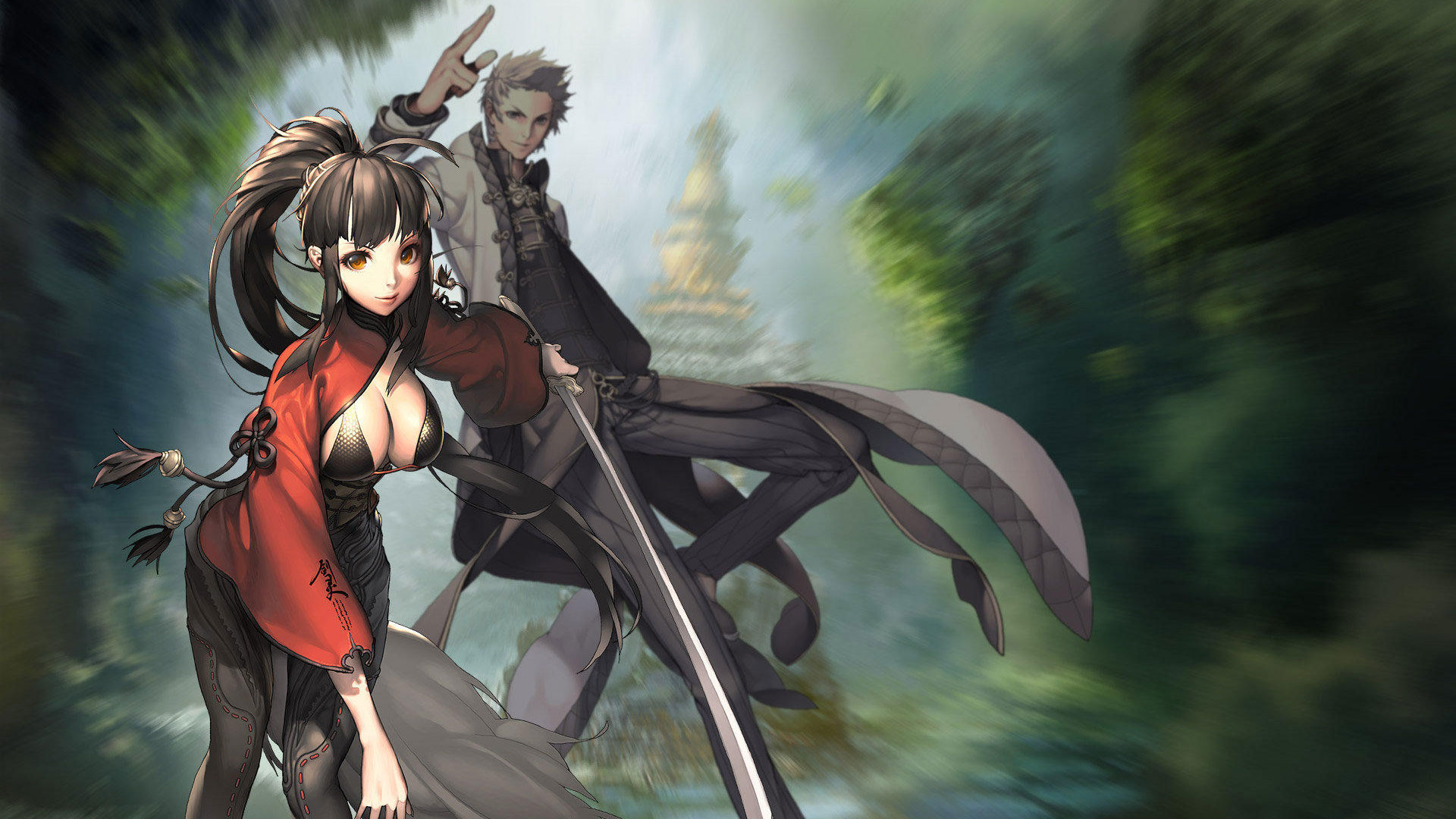Dragon Fruit in Different Genres: A Cross-Game Analysis
Introduction
Dragon fruit, also known as pitaya, is a vibrant tropical fruit known for its striking appearance and nutritional benefits. While it thrives in real-world agriculture, it has also made its way into various video game genres, often symbolizing rarity, health restoration, or exoticism. This article explores how dragon fruit is represented across different gaming genres—role-playing games (RPGs), survival games, puzzle games, and farming simulators—and analyzes its gameplay significance.
1. Dragon Fruit in Role-Playing Games (RPGs)
In RPGs, dragon fruit often serves as a high-tier consumable item due to its rarity and potent effects.

Health and Buff Mechanics
Games like The Elder Scrolls and Final Fantasy feature dragon fruit as a rare ingredient for powerful potions. In Skyrim, for instance, dragon fruit (modded or referenced in lore) might restore significant health or grant temporary fire resistance, aligning with its fiery, mythical name.
Symbolism and Quests
Some RPGs use dragon fruit as a quest item. In Genshin Impact, a similar exotic fruit might be required for a character’s ascension, reinforcing its value. The fruit’s vibrant color and unusual shape make it visually distinct, enhancing immersion.
2. Dragon Fruit in Survival Games
Survival games emphasize resource scarcity, making dragon fruit a prized find.
Nutrition and Scarcity
In Don’t Starve, dragon fruit is a rare crop that provides high satiety when cooked. Players must carefully cultivate it to survive harsh conditions. Similarly, Green Hell introduces dragon fruit as a tropical food source, reinforcing realism in jungle survival.
Crafting and Trade Value
Games like Ark: Survival Evolved might use dragon fruit as a trade commodity or a taming ingredient for exotic creatures, tying its rarity to gameplay progression.
3. Dragon Fruit in Puzzle and Casual Games
Puzzle games often use dragon fruit for its aesthetic appeal and thematic relevance.
Match-3 Mechanics
In Candy Crush Saga or Puzzle & Dragons, dragon fruit appears as a high-value tile, rewarding players with bonus points or power-ups when matched. Its bright pink hue makes it visually distinct from common fruits.
Decorative and Thematic Use
Games like Animal Crossing incorporate dragon fruit as decorative furniture or a seasonal item, enhancing the game’s tropical or fantasy themes.
4. Dragon Fruit in Farming Simulators
Farming simulators highlight cultivation mechanics, making dragon fruit a lucrative but challenging crop.
Growth Mechanics
In Stardew Valley, dragon fruit is a high-profit summer crop requiring advanced farming skills. Its long growth time and seed rarity make it a late-game goal.
Economic Impact
Similarly, Harvest Moon and Story of Seasons treat dragon fruit as a premium export, encouraging players to optimize farming strategies.
Conclusion
Dragon fruit’s representation across gaming genres reflects its real-world exoticism and versatility. Whether as a rare healing item in RPGs, a survival necessity, a puzzle element, or a farming challenge, its inclusion enhances gameplay depth and thematic richness. As games continue to evolve, dragon fruit will likely remain a symbol of rarity and reward, bridging virtual and real-world fascination.
Tags: #DragonFruit #GamingAnalysis #RPG #SurvivalGames #PuzzleGames #FarmingSimulators #GameDesign #CrossGenreAnalysis



















